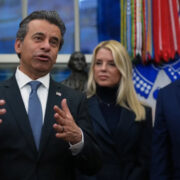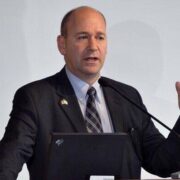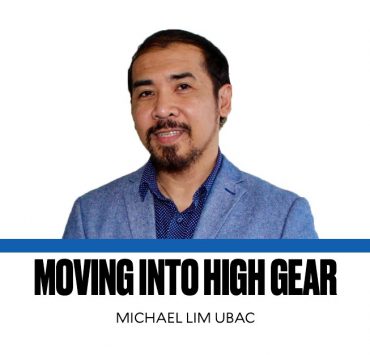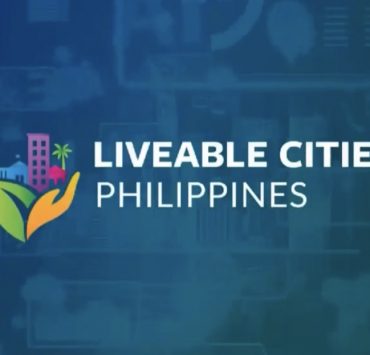Life beyond work
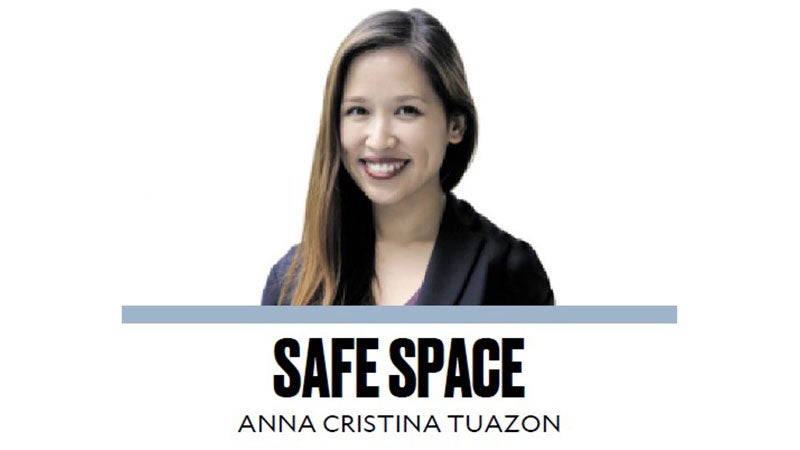
I recently came across the 2015 book “The Refusal of Work: The Theory and Practice of Resistance to Work” by David Frayne, who invited us to question the wisdom of the traditional full-time 40-hour work week. In his radical call that people should be allowed to work less, Frayne insisted that instead of merely focusing on higher wages for workers, we should commit to people’s right to lead rich and interesting lives outside of work.
I stumbled upon Frayne, not through my academic work, but during my personal pursuit of the simple life. Ever since the pandemic, I have been thinking more and more about how to slow down—and how to enjoy a less competitive and ambitious life. I work with people in varying degrees of burnout, whether from work, creativity, or relationships. In therapy, it is not just the reduction of symptoms or distress that we are after but how to support our clients in building a life worth living. Therefore, it is not enough to simply reduce burnout so that they can work some more. They need to make meaning out of their lives.
In an ideal world, work is gratifying and makes life meaningful. But that is not the reality for a lot of people. For many, work is simply the means to earn money in order to afford their needs. With the rising cost of living, work barely even meets this goal. Some find themselves experiencing job alienation, unable to connect with their work and thus finding it meaningless and empty. Frayne challenges that if society has us working less, then we would have the time to develop richer lives by spending more time developing ourselves through hobbies and interests. From a mental health standpoint, I see how that scenario could lead to much less burnout and perhaps even a renewed connection with our work since we feel less trapped in it.
In the Philippines, we don’t even have to institute less hours in order to increase more time for ourselves. Filipino commuters in Metro Manila can spend as much as four hours a day in traffic alone. Imagine what we can do if we get those four hours back. Imagine how much more time we can spend with family. Imagine how much more time we can invest in ourselves. Imagine the sports we can participate in and the hobby groups we can form. This scenario already happened—when we all worked from home (WFH) during the pandemic. This is why people are so attached to keeping their WFH arrangements, something that some employers—and government—refuse to understand.
The book also brought attention to the concept of emotional labor, where we are required to micromanage our emotions on top of our work tasks. This can be seen often in jobs handling customers or clients, where workers are faced with irate and hostile behavior daily and still have to put on a smile. Such labor can be more draining than physical labor and contribute more to burnout. As opposed to time management, I invite my clients to consider energy management instead. This is because our time spent working does not always correspond to the energy spent. In our profession, for example, mental health workers should not be doing eight client-facing hours per day. That is a guaranteed recipe for burnout, as we spend a lot of emotional and mental energy per hour. I encourage our trainees to reflect on how much emotional energy they can sustain and base their client load on that.
Another concept that Frayne challenged was how much of our leisure is currently tied to consumer spending. We work so we can afford leisure in our lives. Watching movies require either a cinema ticket or a streaming subscription. Vacations cost money as we pay for flights, gas, and hotels. In fact, this is one reason why government has insisted on people returning to their offices—to increase consumer spending on industries that cater to office workers.
Is it possible to enjoy leisure without a 40-hour work week to support it? It is with political will. This is where we need to understand that leisure is a worthy value. Leisure is usually seen as a luxury. And in our current setup, it definitely is. For example, we have replaced parks and open spaces with malls that are geared toward consumer spending. If we respect leisure as a right, we should bring back public libraries (as some cities like Quezon City and Valenzuela City have done) so people can have free access to books and computers. Libraries are also great venues for community classes to upgrade our skills and literacy, as well as a place for hobby groups to form. Public parks and playgrounds democratize leisure. As evidenced by the crowds in Luneta Park and Quezon Memorial Circle, we need more of them.
Public policies tend to be problem-focused. Imagine the policies we could craft if, instead, we start from the vantage point of how to make Filipinos have richer and fuller lives. Priorities will surely be drastically different.










